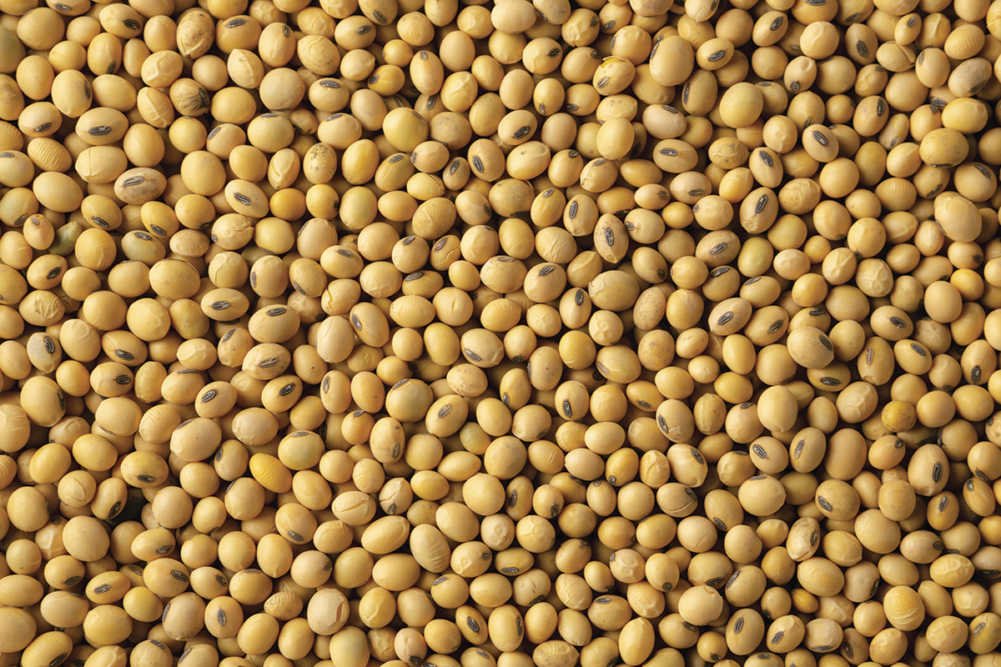FAYETTEVILLE, NORTH CAROLINA, US — Cargill has announced plans to invest $25 million to improve production capacity at its soybean processing plant in Fayetteville. The decision follows approval by the Cumberland County Board of Commissioners on a six-year performance-based incentive grant that will provide Cargill $600,000 in support of the project.
The project is set to begin before the end of 2021.
Cargill has operated the soybean processing plant on River Road outside Fayetteville since 1970. The company said it evaluated competing locations for the substantial investment and ultimately selected Cumberland County for the project. Cargill said it plans to invest $5 million in real estate improvements and $20 million in new personal property.
“Our plant in Cumberland County is an important link in the supply chain for North Carolina farmers and livestock producers, and these investments will help us serve customers more efficiently,” said Don Camden, vice president, Cargill agricultural supply chain North America. “Cargill is committed to nourishing the world in a safe, responsible, sustainable way. We are part of the community and are proud to provide significant support for a number of organizations in the area funding nutrition and education programming projects, as well as COVID-19 relief.”
Charles Evans, chairman of the Cumberland County Board of Commissioners, added, “Cargill is a longtime employer in our community and a buyer for the soybeans our farmers grow. We are grateful the company is expanding their agribusiness operations here. Their increased investment exemplifies this community’s resilience as we emerge from the effects of COVID-19.”
The announcement regarding Cargill’s expansion in North Carolina comes a little less than two months after the Minneapolis, Minnesota, US-based ag giant said it would be expanding its US soy processing operations with a $475 million investment to modernize and develop crush facilities in seven states.
Once completed, the improvements are expected to increase operational efficiency and capacity. Improvements also will include faster unloading of oilseeds and loading of products, increased capacity, which provides additional market opportunities, and better overall logistics, safety and ease of doing business.
“We are positioning ourselves to meet the growing global and domestic demand for soy products both in food and fuel markets,” Warren Feather, managing director for Cargill agricultural supply chain North America, said in early March. “These investments will better enable us to serve our end-use customers, while also providing greater market access and a better experience for farmers. Investing in our plants to better support our customer’s businesses is critical to create mutual value and ensure a healthy operating environment, while continuing to assess the needs in the market.”




